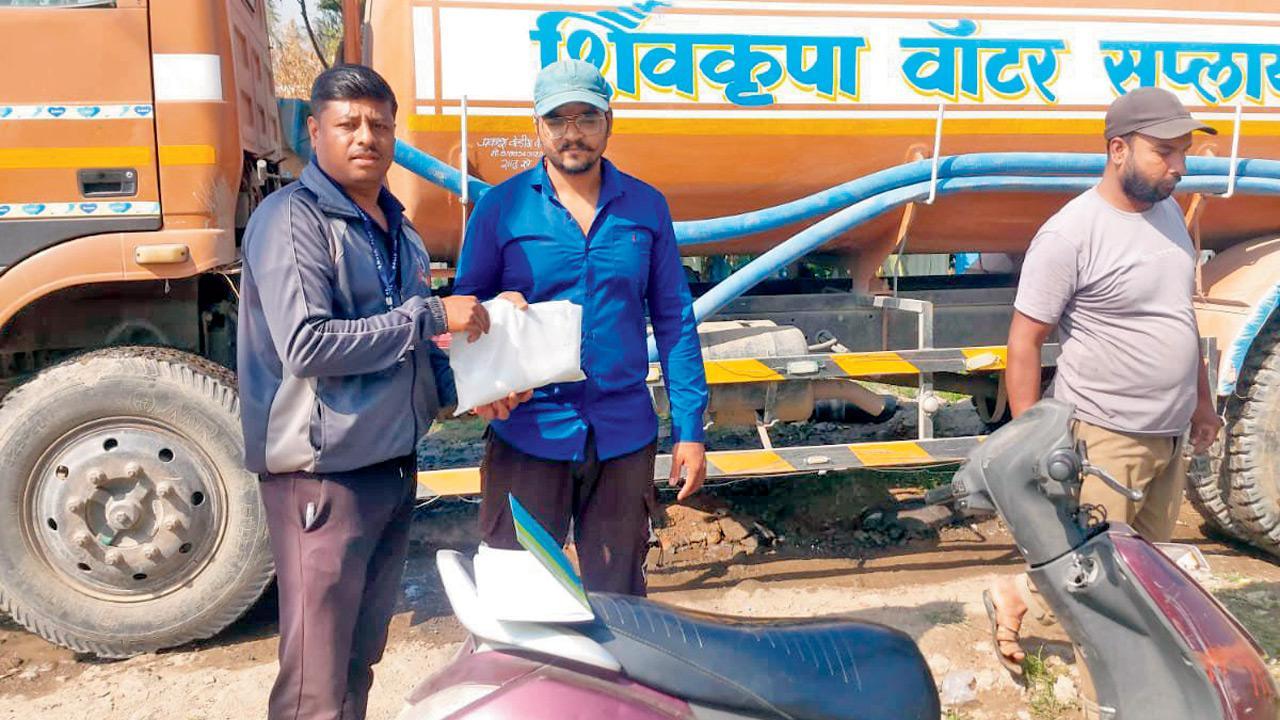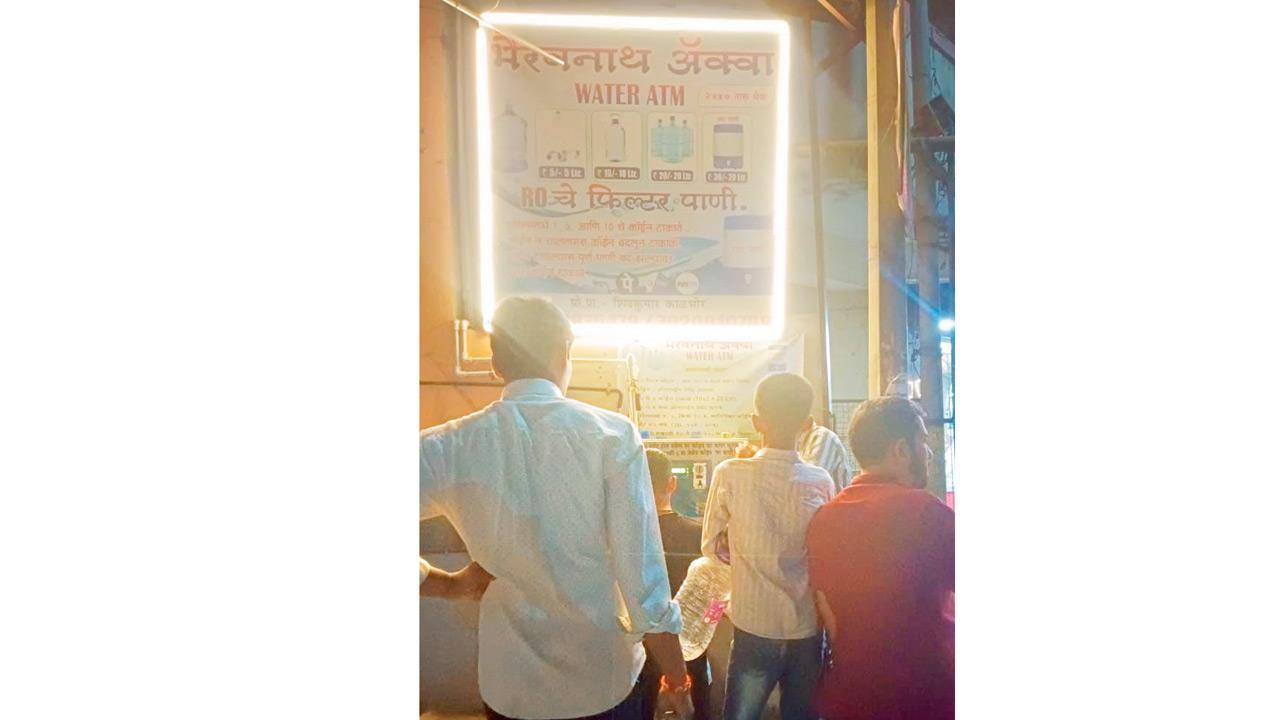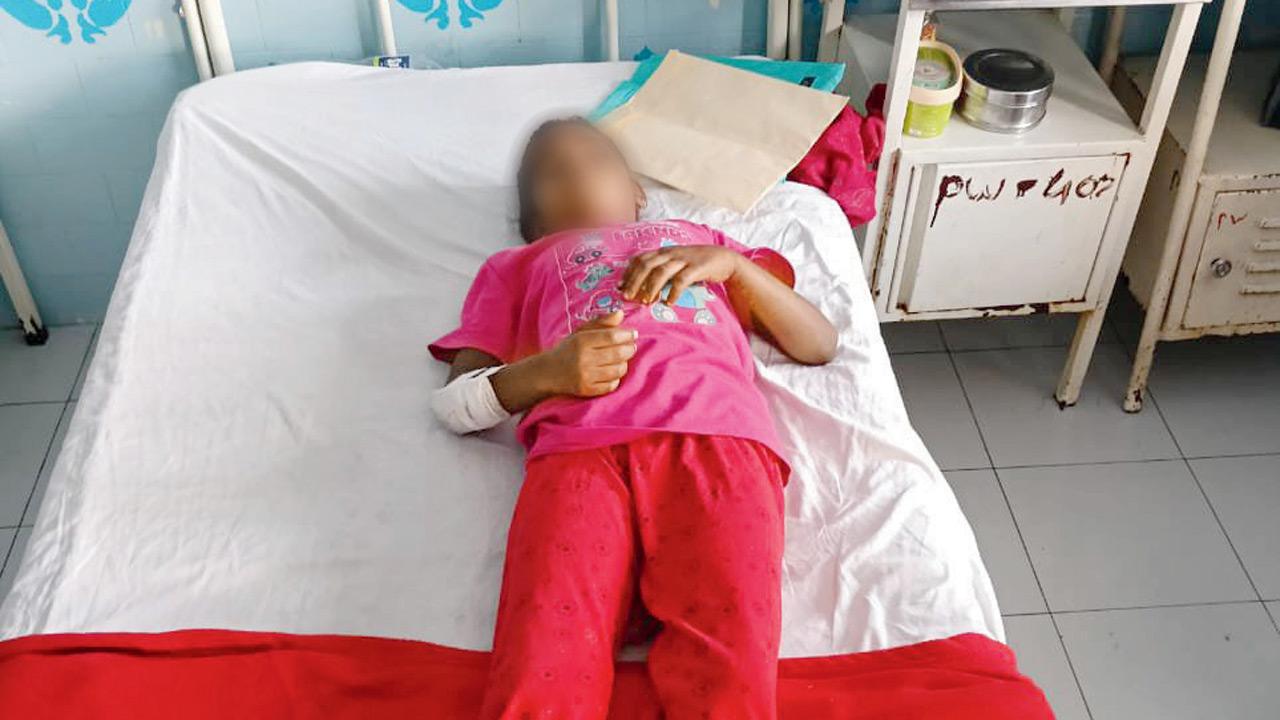No new cases reported in four days; assistance under urban poor scheme ended on March 1

Health officials had circulated bleaching powder packs to tankers to clean the water
The Guillain-Barré Syndrome (GBS) outbreak in Pune has shown a significant decline, bringing relief to residents and health authorities. The Pune Municipal Corporation (PMC) has reported no new cases in the last four days, indicating that containment efforts and preventive measures have been effective. Dr Vaishali Jadhav, assistant health officer of Pune Municipal Corporation (PMC), said, "No new cases under PMC jurisdiction from the last couple of days, especially from the second week of February."
The first Guillain-Barré Syndrome (GBS) case in Pune was reported on January 9. The number of cases increased to double digits, with the highest number of cases recorded on January 20. The first suspected GBS case was hospitalised on January 9. The peak period was from January 18 to January 24, during which 77 cases were reported. The number of new cases declined by the last week of January.

Water ATMs had been set up to allow locals to purchase RO water
As per the health report of PMC, Pune alone has reported 140 suspected GBS cases, with 119 confirmed GBS cases through diagnostic tests (NCV/CSF/EMG). As per the health department report, there were 17 active cases under treatment in Pune city. Among them in the general ward: four patients, ICU with oxygen support: three patients, ICU with ventilator support: 10 patients (Dinanath Mangeshkar Hospital: six, Navale Hospital: three, Sassoon Hospital: one), 114 patients have been discharged so far. There were nine suspected GBS-related deaths reported under PMC.
The most affected age group: 16–45 years (66 cases), children (0–5 years): three cases, elderly (above 60 years): 16 cases, male patients: 98, female patients: 42.The outbreak was initially linked to contaminated water in several areas, including Nandedgaon, Kirkatwadi, Nandoshi, Dhayari, and DSK Vishwa. However, stringent water quality management and containment measures have helped control the spread.

Rohini Dangad, 9, who was admitted at YCM hospital
In light of the steady decline in cases, the PMC has decided to discontinue financial aid for GBS treatment from March 1, which was initially introduced to support affected patients. The PMC had introduced financial aid under the urban poor scheme, covering up to R2 lakh for affected patients from hotspot areas and R1 lakh for others. However, as the rate of new infections has dropped, the administration decided to halt financial assistance from March 1, stating that providing continuous aid for sporadic cases throughout the year is not feasible.
As per the civic health officials, Rs 49 lakh has been disbursed to 35 Patients so far since January 14; among it, Rs 24 lakh has been disbursed to 12 patients under the urban poor scheme, and Rs 25 lakh has been distributed among 25 other patients at Rs 1 lakh each. The PMC health department has confirmed that containment efforts will continue, and monitoring of water quality and sanitation measures will remain in place to prevent future outbreaks.
 Subscribe today by clicking the link and stay updated with the latest news!" Click here!
Subscribe today by clicking the link and stay updated with the latest news!" Click here!








